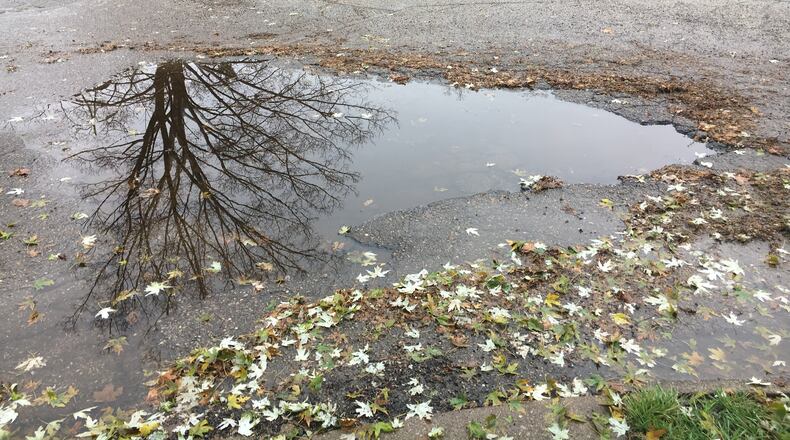Officials hope to approve the legislation at their June 26 meeting, holding the required first and second considerations of the ordinance on the same night.
The tax would generate about $300,000 per year, which officials note would not go far in repairing streets. But Mayor Pat Moeller said during Wednesday’s council meeting it would have one benefit that some voters who are homeowners may appreciate.
“This is a way that people other than homeowners can contribute to what homeowners are paying through a tax levy,” Moeller said. “I think it will generate maybe $300,000 a year, which is … We need more than that. This is part of a source of many funds to help improve our streets.”
The council has unanimously voted to place a 3.9-mill levy before voters on March 10, 2020. That levy would cost the owner of a home valued at $100,000 per year about $136.50 annually. The levy would raise about $3.1 million per year over 10 years before expiring. Officials hope voters after that decade of taxes would be pleased with the progress they have seen with road repairs and decide to renew the levy for another period.
Even if the street levy and the $5 annual license tax are approved, they would provide only a fraction of what is needed to bring the streets into better repair, officials have noted.
The city has said 70 percent of Hamilton streets are in fair to poor condition, with 50 percent of them rated as poor.
The street levy’s $3.1 million annual funds will let Hamilton repair up to four miles of streets and maintain up to another four miles, Finance Director Dave Jones recently informed the council.
Hamilton has about 250 miles of streets, but when the number of lanes are considered, there are 550 miles of lanes on those streets, with some of those streets not having been repaved in 40 years.
Officials have said the longer streets go without being repaved, the worse condition they will be in, and the more costly their repair will be.
A committee of Hamilton citizens is working to inform residents about the proposed tax levy and has been holding meetings about the issue.
The group posts answers to common questions on its website, www.criticalforhamilton.com, and its Facebook page, Fix Our Streets-Hamilton.
Under terms approved by council recently, a neighborhood formula for funding of paving will be established to guide the way streets are paved in each of the city’s 17 neighborhoods. If the levy is approved, each neighborhood will be given power to hold public meetings to determine which streets should receive priority funding.
Council has promised that street-levy funds will not be used “immediately adjacent to the Spooky Nook at Champion sports complex” and should be focused on residential streets.
About the Author
